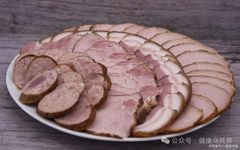In daily life, many people experience anemia or insufficient qi and blood, which can lead to pale complexion, dizziness, and fatigue, potentially affecting normal bodily functions. Nourishing blood through a reasonable diet is a safe and effective method. Here are 6 types of foods recommended by hematologists that can help nourish blood.
Animal Liver
Animal liver is rich in various nutrients, including vitamin A and iron. Pork liver can be prepared as stir-fried liver, which is tender and delicious, making it both tasty and nutritious; or it can be sliced and added to congee to make pork liver congee, which warms the stomach and effectively nourishes blood, alleviating symptoms of anemia such as fatigue and shortness of breath.

Red Meat
Red meat primarily refers to the meat of pigs, cattle, and sheep, which is a high-quality source of blood-nourishing food. Red meat is not only rich in iron but also contains high-quality protein, both of which play a crucial role in maintaining normal hematopoietic function. For instance, beef is high in protein, low in fat, and contains a considerable amount of iron. Regular consumption can strengthen the body and replenish lost blood, providing more energy. Beef can be stewed into a rich and fragrant beef soup, or made into carrot beef stew, where the carotene in carrots promotes the absorption of iron from beef, enhancing the blood-nourishing effect, making it suitable for those with anemia or weak constitutions to consume regularly.
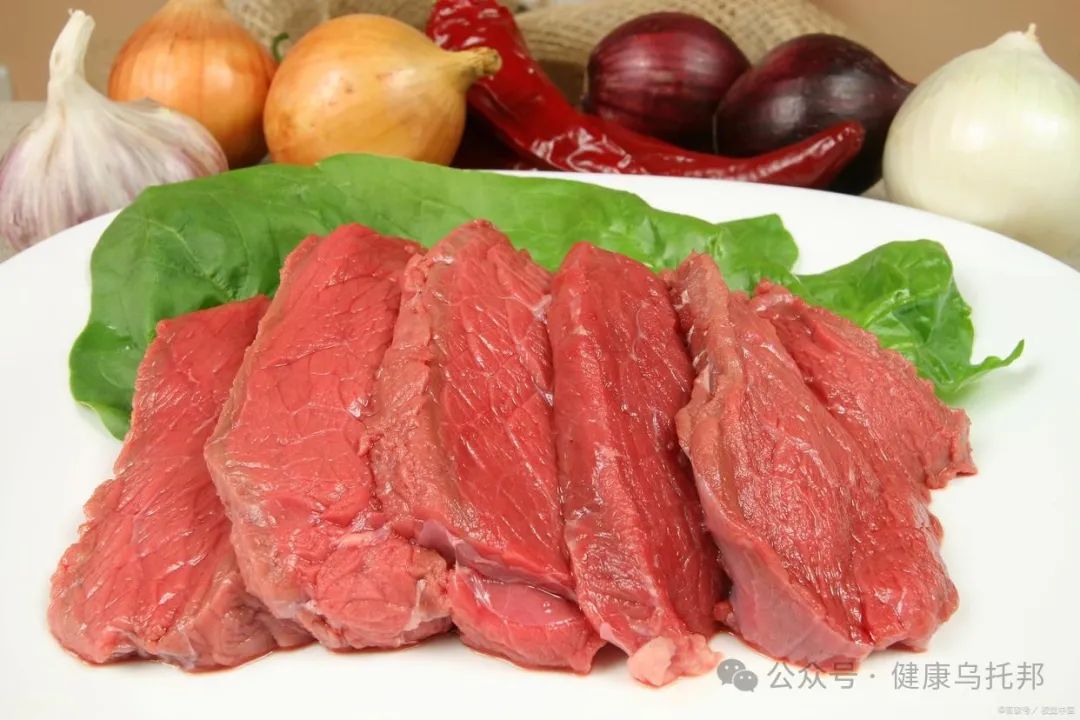
Eggs
Eggs are common and easily accessible foods in our daily lives, with chicken eggs and duck eggs having good blood-nourishing effects. They are rich in protein, fat, vitamins, and minerals such as iron, calcium, and phosphorus. Although the iron content is not extremely high, eggs are easily digestible and can continuously and stably provide nutritional support for the body, aiding in blood production. For example, boiled eggs can be eaten for breakfast, being simple, convenient, and nutritious; they can also be made into steamed egg custard, which has a soft texture suitable for all age groups, especially the elderly and children. Regular consumption of eggs can help prevent anemia to some extent, and for those already experiencing anemia, it can help improve symptoms and enhance complexion.
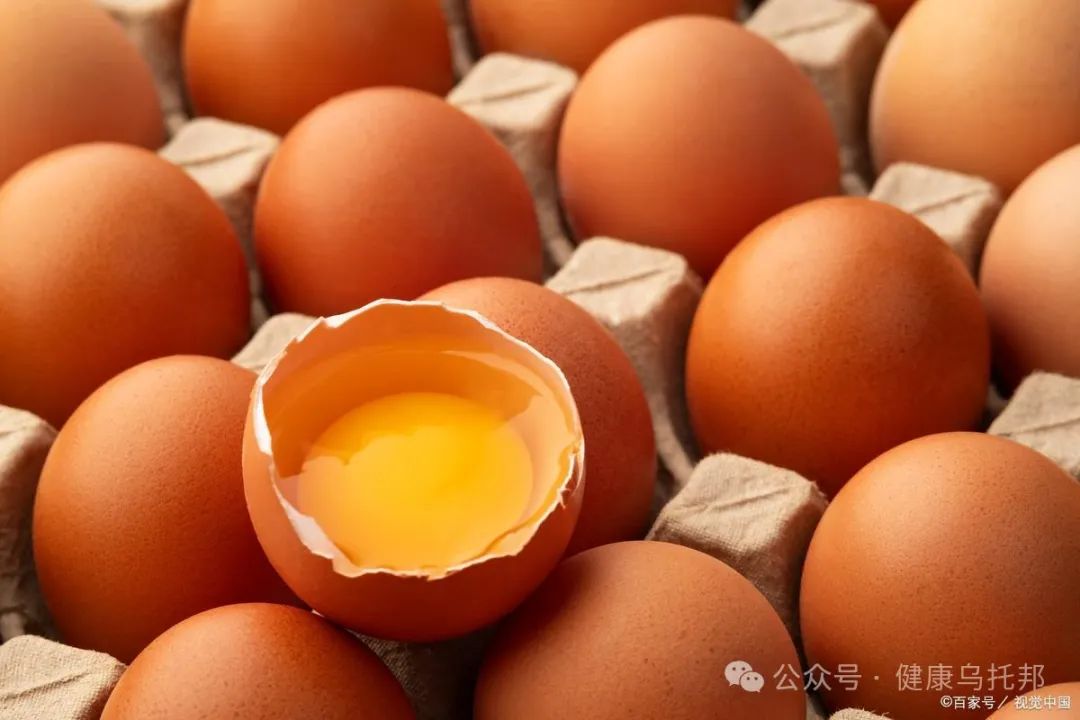
Legumes
Many members of the legume family, such as red beans and black beans, have blood-nourishing abilities. They are rich in plant protein, iron, and vitamins, which not only provide nutrition to the body but also promote blood production by supplementing iron. Red beans can be cooked into red bean soup, which is sweet and popular, and can strengthen the spleen, eliminate dampness, and nourish the heart; black beans can be made into soy milk. Drinking a cup of black bean soy milk every morning can supplement plant estrogen, benefiting women’s health, and provide iron to improve hemoglobin levels, alleviating symptoms such as poor complexion and fatigue due to insufficient blood.
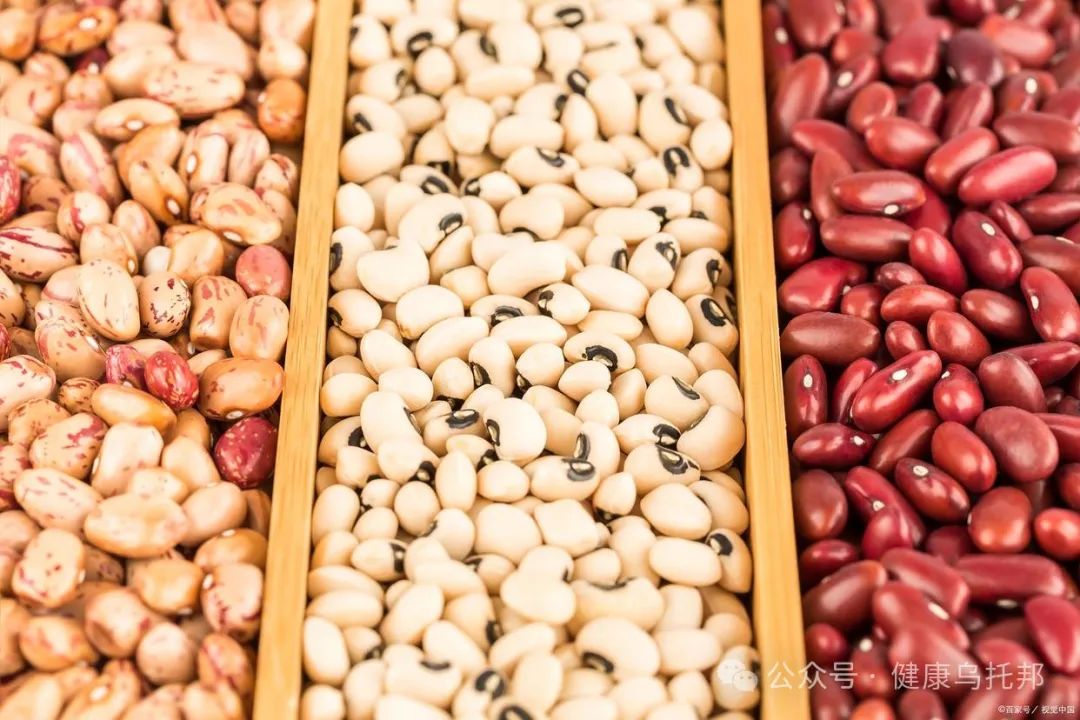
Fruits and Vegetables
Some fruits and vegetables also play an important role in nourishing blood. For example, spinach, known as a “nutritional model student,” is rich in iron, folic acid, and various vitamins. Folic acid is significant for the maturation of red blood cells, and iron is a key raw material for synthesizing hemoglobin, so regularly eating spinach can effectively nourish blood. Spinach can be stir-fried to retain its original flavor and nutrition, or made into spinach and egg soup for a richer nutritional combination. Additionally, red dates are rich in iron and adenosine triphosphate, which can regulate metabolism and enhance hematopoietic function. Red dates can be eaten directly or used to cook congee or soup, both of which are excellent methods for nourishing blood.
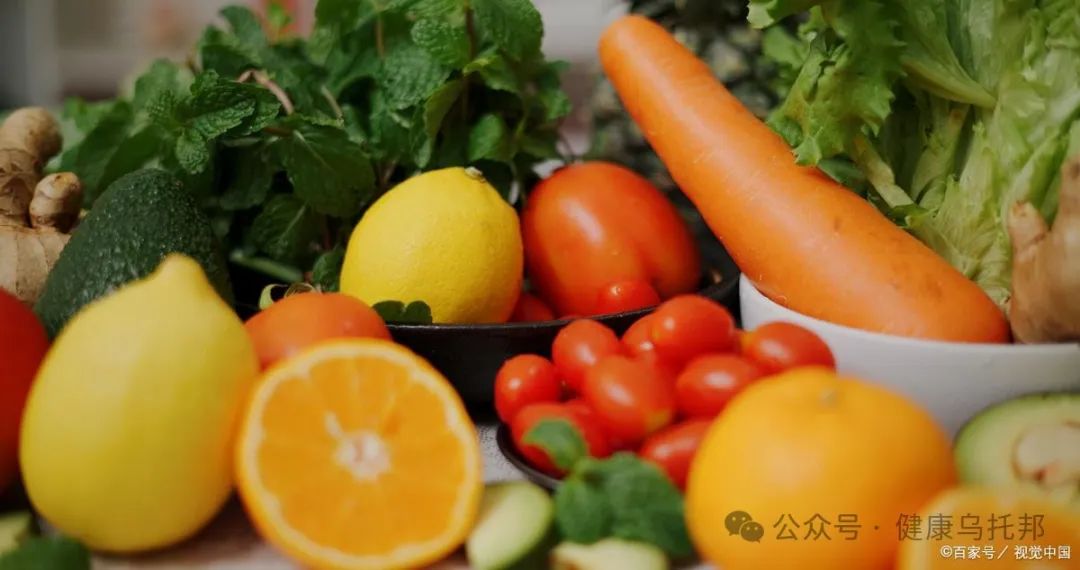
Seafood
Seafood such as nori and kelp also has blood-nourishing effects. They are rich in iron, iodine, and various vitamins. Iron helps in the synthesis of hemoglobin, while iodine is crucial for maintaining normal thyroid function, and thyroid hormones promote metabolism, indirectly providing a good internal environment for blood production. Nori can be used to make nori egg drop soup, which is simple and delicious, while kelp can be served cold or used in soups. Regular consumption of seafood can replenish the nutrients needed by the body, improving anemia and enhancing the vitality of qi and blood.
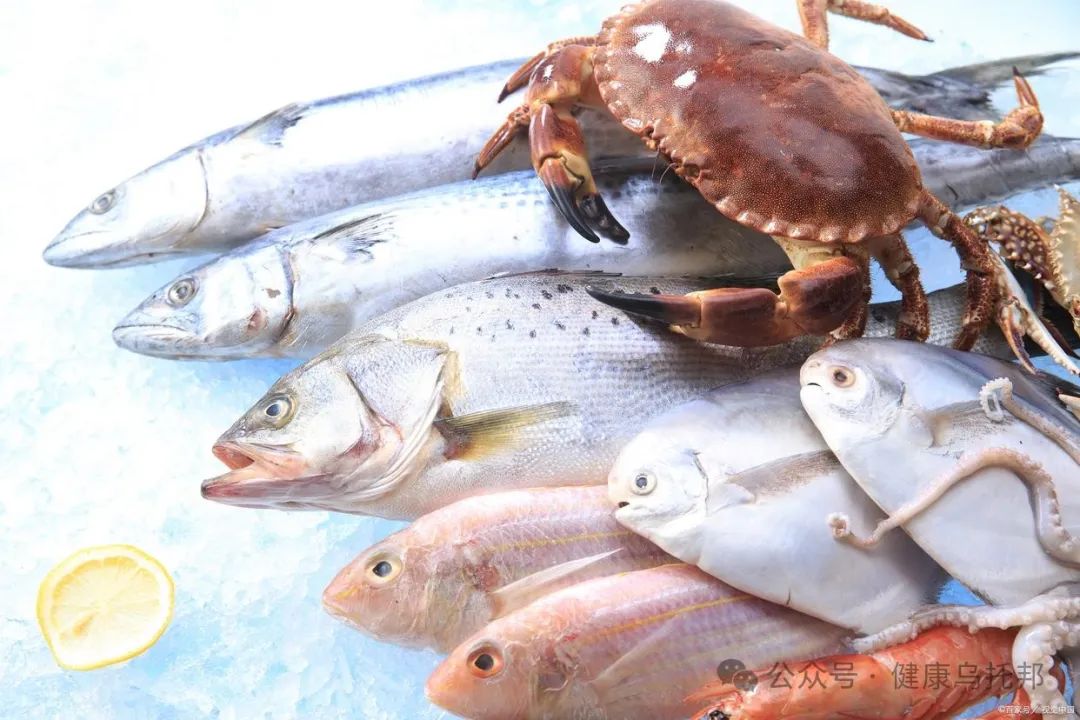
In conclusion, these 6 types of foods are highly recommended by hematologists for nourishing blood. Everyone can incorporate them into their daily diet according to their taste preferences and physical conditions, using dietary therapy to replenish blood and improve anemia, keeping the body healthy and full of vitality.

